Some days ago, terrorists from the organization “Hamas” launched a large-scale invasion and infiltration of Israel’s south and central regions. The Hamas militants utilized bulldozers, drones, small boats, and even para gliders to invade Israel. Thousands and thousands of rockets have been launched at Israeli civilians. The Israeli Defense Forces, or IDF, have since counterattacked and retaken the Gazan border. Beyond that, information is still somewhat difficult to come by as the smoke gradually clears. But there are, even now, notable observations and inferences that can be made.
A Personal Issue
As the Roundup’s resident Jew (nobody else has claimed that title so it’s mine now), I provide a completely unbiased view of the conflict at hand. But jokes aside, this is something personal. I have stood foot in some of the very cities that have been hit with rockets. Beersheva, Tel Aviv, and Jerusalem are all places that I have been, and that have been hit with rockets from Gazan Militants. Many of my friends have had relatives called up from the Israeli Reserves. Some people whom I know directly have been called up. Instead of an attack on Israel, the recent escalation and current war, in my eyes, is an attack on Judaism. We can see this in how the terrorists chose their targets: Not primarily military or strategic targets, but civilians. Unarmed men and women in a Kibbutz (a small, collective, Jewish community) were found gunned down en masse and allegations of beheaded children seem credible. Dozens (if not hundreds) of Israeli civilians have been kidnapped to Gaza. This was not a move toward the “liberation” of Palestinians. This was a move of terrorism.
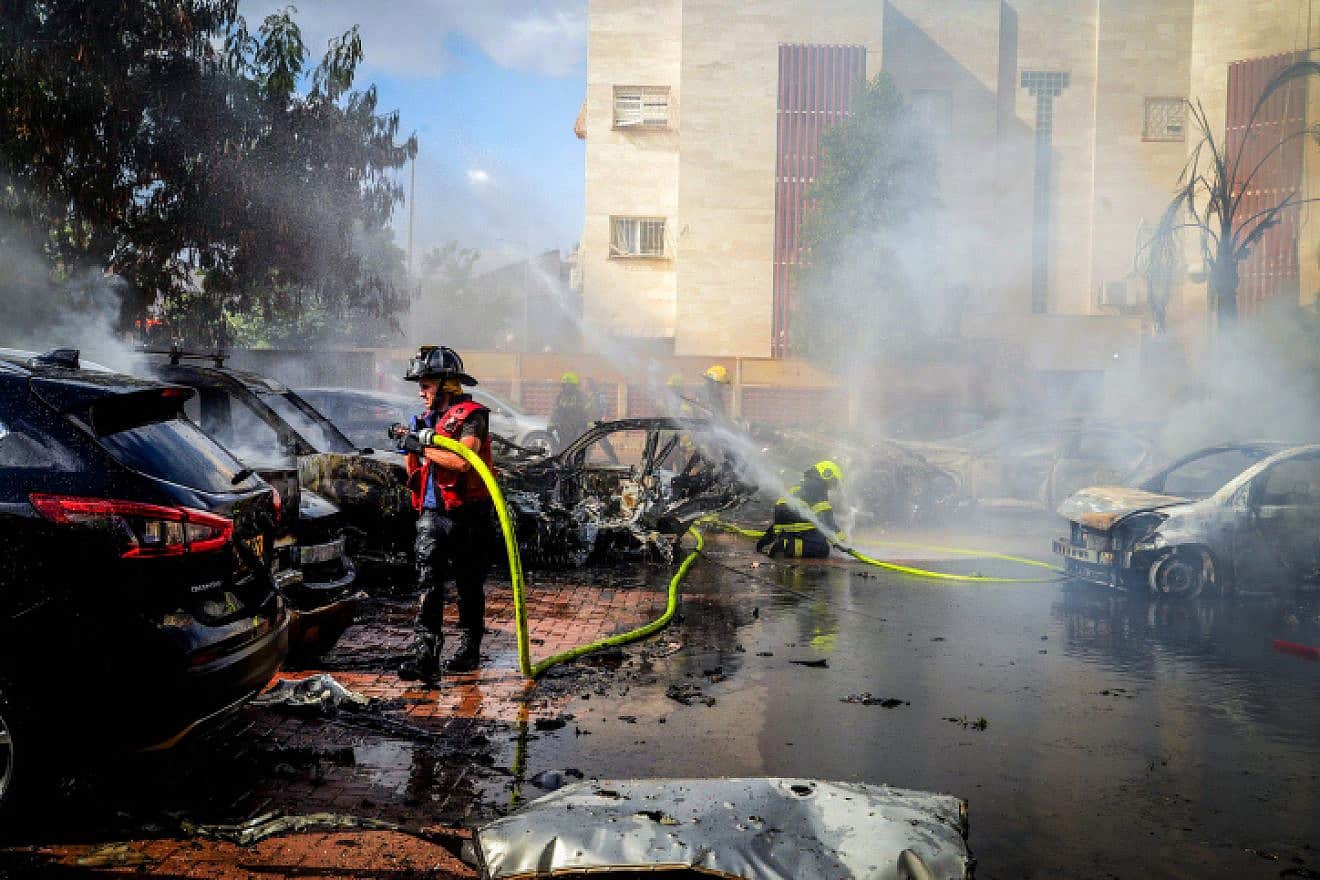
What We Know
As mentioned, information is scarce regarding this war. Much of it comes from the two respective sides’ own statements, so the reliability of the information is up for debate. But we do know a significant amount due to geolocated footage from both sides. For instance, we know from footage released by Hamas fighters that para gliders were used to bypass the security fences surrounding Gaza, and to drop into towns in southern Israel. We know, from footage by the Israeli Navy, that Hamas militants used boats to attempt landings along the Israeli coast. We know that the IDF once again controls the Gaza border, and is massing around 300,000 troops around it. As a note, it might be helpful not to think of this war as having solid front lines, but as having areas of control for both sides alongside areas of tenuous control. For instance, within the village of Be’eri, which was reportedly taken by Hamas forces in the early hours of the war, there were likely still Israeli police putting up resistance in areas. But overall, Hamas, not the IDF, was in control. So with this information in mind, how does the military side of things shape up?
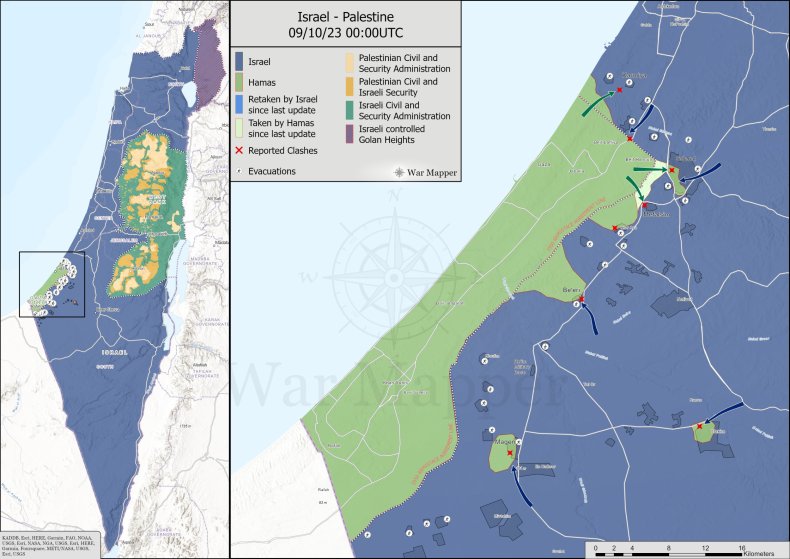
From a Military Perspective
The Israeli Defense Forces are by far the best trained and equipped in the Middle East, and arguably are some of the best in the world. Punching very far above its weight, the IDF has time after time humiliated Arab forces in their numerous failed invasions of Israel. So it was never even a question who was going to come out on top in a conventional military sense. But the Palestinians know that better than anybody. That’s why seldom do Hamas engage in firefights with IDF forces without some kind of notable advantage. Never sticking in one place too long and leveraging urban terrain, the militants use every tactic they can to minimize the impact of Israeli heavy equipment. And with the IDF looking increasingly like it will keep going past the border into Gaza itself, there will be plenty of urban terrain. The Israelis’ primary challenge will be dealing with the dense, built up environment that the Gaza Strip provides. No army on earth enjoys fighting in cities, and certainly not against a foe determined as Hamas. Even with the challenges ahead, I have no doubt that the IDF is capable of crippling Hamas. But changing a people’s mindset and beliefs is something else entirely.
“Justification”
Speaking of a people’s mindset, many pro-Palestine commentators have suggested this attack was in some way justified. But those people are wrong, and dare I say, idiots. No country has been more tolerant of internal and external resistance than Israel. Admittedly, Benjamin Netanyahu’s administration has done some very shady things in the past, most especially attempting to neuter the power of Israel’s Supreme Court, as well as the continued building of Jewish settlements in the West Bank. But that does not mean that Israel is in any way the aggressor. Time after time, Israel has launched restrained, relatively small scale operations into Gaza and the West Bank. Most other nations would have invaded the Gaza Strip or the West Bank many times over by now. But since voluntarily handing over control of Gaza to the Palestinians in 2006, the Israelis seldom ever entered Gaza by land. Airstrikes and a naval blockade have instead attempted to cut off Gaza from military supplies, especially equipment from nations hostile to Israel. The involvement of foreign actors is indeed an intriguing question.
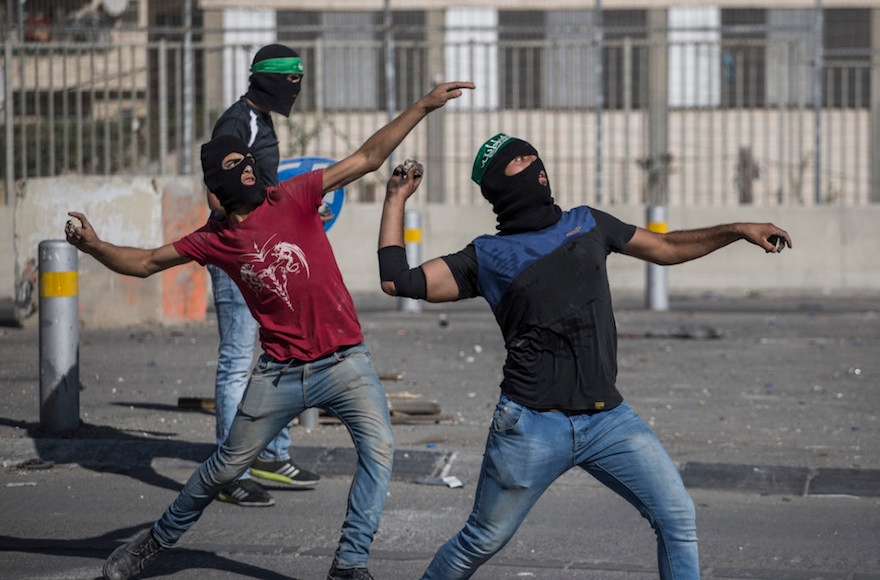
Foreign Actors
So, were there any foreign actors involved in this attack on Israel? This is the Middle East. Of course there was. And it will shock absolutely nobody that the nation in question was Iran. Though both Israel and the US have stated they have no hard evidence to implicate Iran, it simply wasn’t possible that Hamas launched this operation without the knowledge of Iran. Even before this war, Iran had way too much sway over the Hamas government to have been in the dark about this. The Islamic Republic of Iran has vowed, since its revolution in 1979, that the State of Israel will be destroyed. Since then, it has “covertly” been funneling money into various anti-Israeli terrorist movements, among them Hamas and Hezbollah. Where do the Gazans get all those rocket parts? Iran. Where did all that money for AKs and RPGs come from? Iran. But now that they have provided the support they did, the Iranians, as well as the rest of the world, can only wonder what happens next.
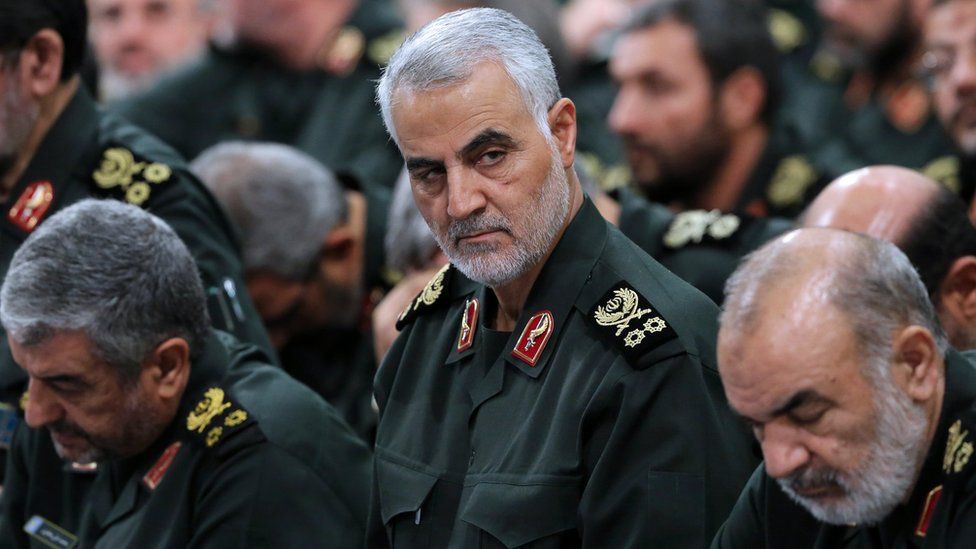
What Next?
As the IDF retakes land up to the border with Gaza in more and more places by the hour, one cannot help but ask the question “what next?”. Well, the answer is probably a full-scale Israeli invasion of Gaza (and likely southern Lebanon). The reason I say this is the massing of Israeli tanks at the Gazan border and Netanyahu’s vengeful statements indicate that is indeed the case. No one should be surprised when Israel announced imminent ground operations in Gaza. Notably, the Hezbollah terrorist organization, based out of southern Lebanon has stated it will get involved if Israel makes such a move. As bone chillingly terrifying as a bunch of thugs propped up by Blockbuster giftcards in the form of the Iranian Rial is as a prospect, I’m not quite sure that will dissuade an IDF that has not only stacked divisions of troops on the Lebanese and Gazan borders, but is rapidly mobilizing hundreds of thousands of reservists. While Hezbollah has outlived an Israeli incursion into Southern Lebanon before, the IDF at the time had neither the sheer mass from mobilization nor as much motivation to succeed. Beyond predicting that, all is speculation, which is the job of a psychic, not a journalist (right?).
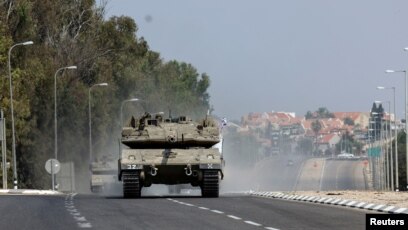
Conclusions
So, to the extent we can make conclusions, here’s mine. Israel is once again under unjustified attack, this time from methods not seen before. At the current rate of around 260 Israelis dead per day, it is shaping up to be worse than even the Yom Kippur War of 1973, which saw around 2,500 dead Israelis in a timespan of about two and a half weeks. Palestinian casualties are quite nasty as well, with around 1,000 dead according to the Gazan Health Ministry. The world watches as the Israelis seek vengeance, and the people of both sides brace for the casualties that are sure to come in the near-future.






